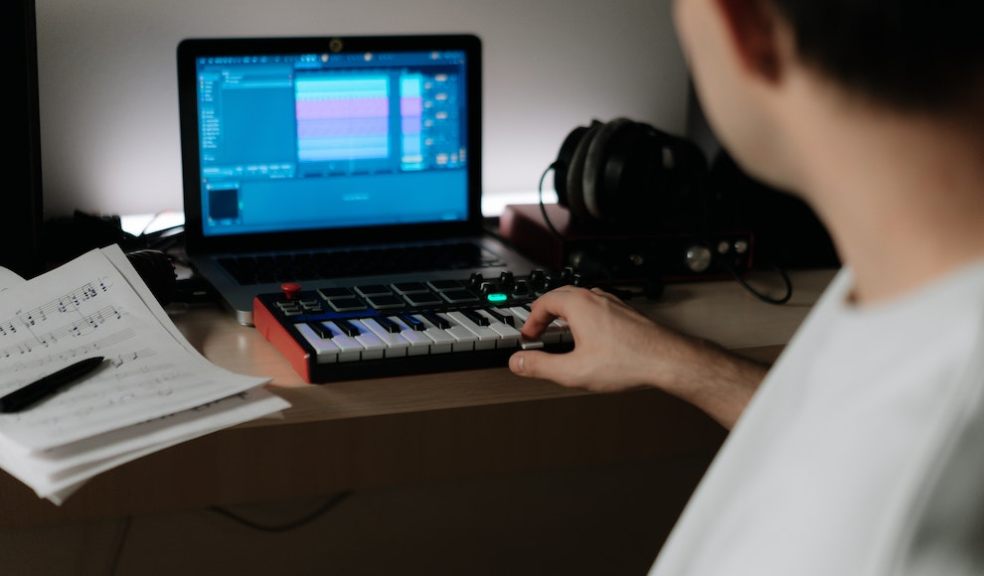
Understanding the rights and royalties in the music business
In the fast-paced and ever-evolving music industry, understanding the rights and royalties is crucial for musicians, songwriters, and all stakeholders involved. Music business courses provide the right gateway to learn all the business aspects of music publishing.
What are the basics of music rights?
Here are the basic rights of every musician:
- Copyright
Copyright is the foundation of music rights. It grants the creator of an original musical work exclusive rights to control and monetize their creation. These rights include the reproduction, distribution, public performance, and adaptation of the music.
- Performance rights
Performance rights refer to the right to publicly perform a musical composition. This includes live performances, radio airplay, streaming, and other public uses. Performance rights organizations collect royalties on behalf of songwriters and publishers when their compositions are performed in public.
- Mechanical rights
Mechanical rights relate to the reproduction of a musical composition onto a physical or digital medium. When a song is recorded and distributed, mechanical royalties are generated. These royalties are typically paid to the songwriter and publisher, often through organizations.
- Synchronization rights
Synchronization rights come into play when music is synchronized with visual media, such as films, TV shows, commercials, and video games. Obtaining synchronization licenses allows the use of copyrighted music in these contexts, and royalties are paid to the rights holders.
Understanding royalties
Here are the royalties provided to the musician,
- Performance royalties
Performance royalties are generated when a song is performed in public, whether live or broadcast. These royalties are collected by pros and distributed to songwriters and publishers. Performance royalties are an essential income stream for artists and songwriters.
- Mechanical royalties
Mechanical royalties are generated from the reproduction and distribution of music. When a song is recorded and distributed in physical or digital formats, mechanical royalties are paid to the rights holders. Streaming services and record labels typically handle mechanical royalty payments to songwriters and publishers.
- Sync licensing royalties
Sync licensing royalties are earned when music is licensed for use in visual media. The sync licensing process involves negotiating agreements with the music rights holders for the right to use their compositions in films, TV shows, advertisements, and other audio-visual productions. The royalties from sync licensing can provide significant revenue streams for artists and songwriters.
Key Considerations for Artists and Songwriters
Music publishing plays a central role in managing the rights and royalties of musical compositions. Hence it is important for musicians to be aware of their rights and royalties.
Registering your musical works with the appropriate copyright authorities and performing rights organizations is crucial for protecting your rights and ensuring you receive the royalties you are entitled to.
Technology has made it easier to track performances, streams, and downloads, but it is still essential to stay vigilant. Regularly review statements from pros, streaming platforms, and record labels to verify the accuracy of royalty payments.
If you suspect discrepancies or believe you are not receiving the royalties you are owed, you have the right to conduct a royalty audit. Engaging a professional auditor can help identify any underpayments or improper accounting practices.
By harnessing this knowledge, using professional aid when needed, and staying informed about industry trends, you can position yourself for success and leave your competitors behind.
So, before publishing your music, ensure to learn your rights and royalties today!

















